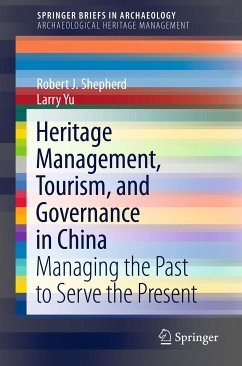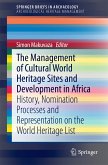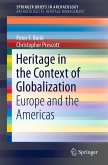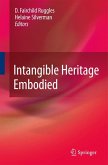¿This monograph analyzes current cultural resource management, archeological heritage management, and exhibitionary practices and policies in the People's Republic of China. Academic researchers, preservationists, and other interested parties face a range of challenges for the preservation of the material past as rapid economic and social changes continue in China. On the one hand, state-supported development policies often threaten and in some cases lead to the destruction of archeological and cultural sites. Yet state cultural policies also encourage the cultivation of precisely such sites as tourism development resources. This monograph aims to bring the concepts of world heritage sites, national tourism policies, ethnic tourism, and museum display together for a general cultural heritage audience. It focuses on a central issue: the tensions between a wide range of interest groups: cultural anthropologists and archeologists, tourism officials, heritage proponents, economic development proponents, a new class of private rich with the means to buy artifacts, and a fragmented regulatory system. Behind all of them lies the political role of heritage in China, also addressed in this monograph.
Dieser Download kann aus rechtlichen Gründen nur mit Rechnungsadresse in A, B, BG, CY, CZ, D, DK, EW, E, FIN, F, GR, HR, H, IRL, I, LT, L, LR, M, NL, PL, P, R, S, SLO, SK ausgeliefert werden.









